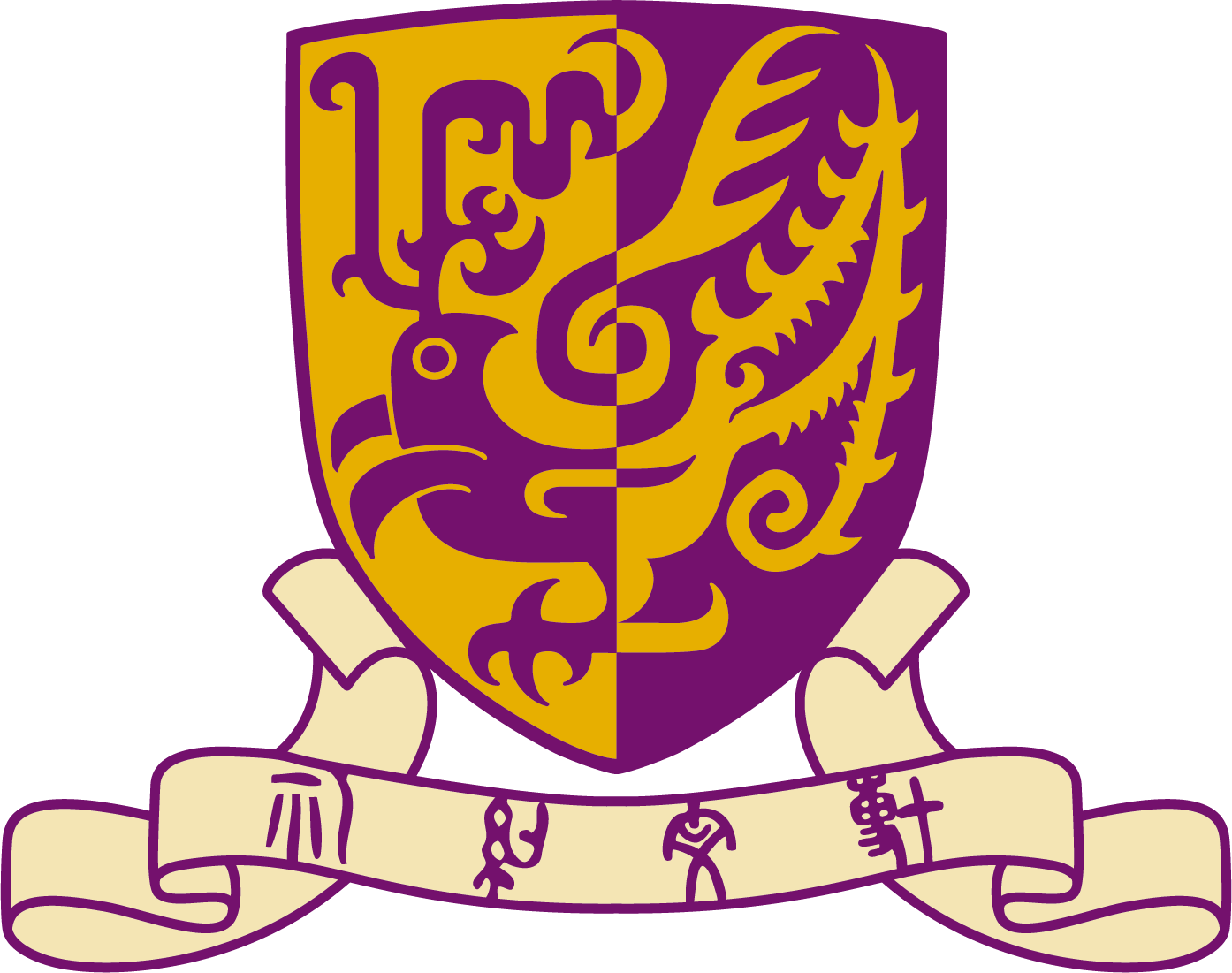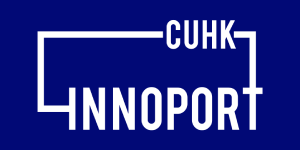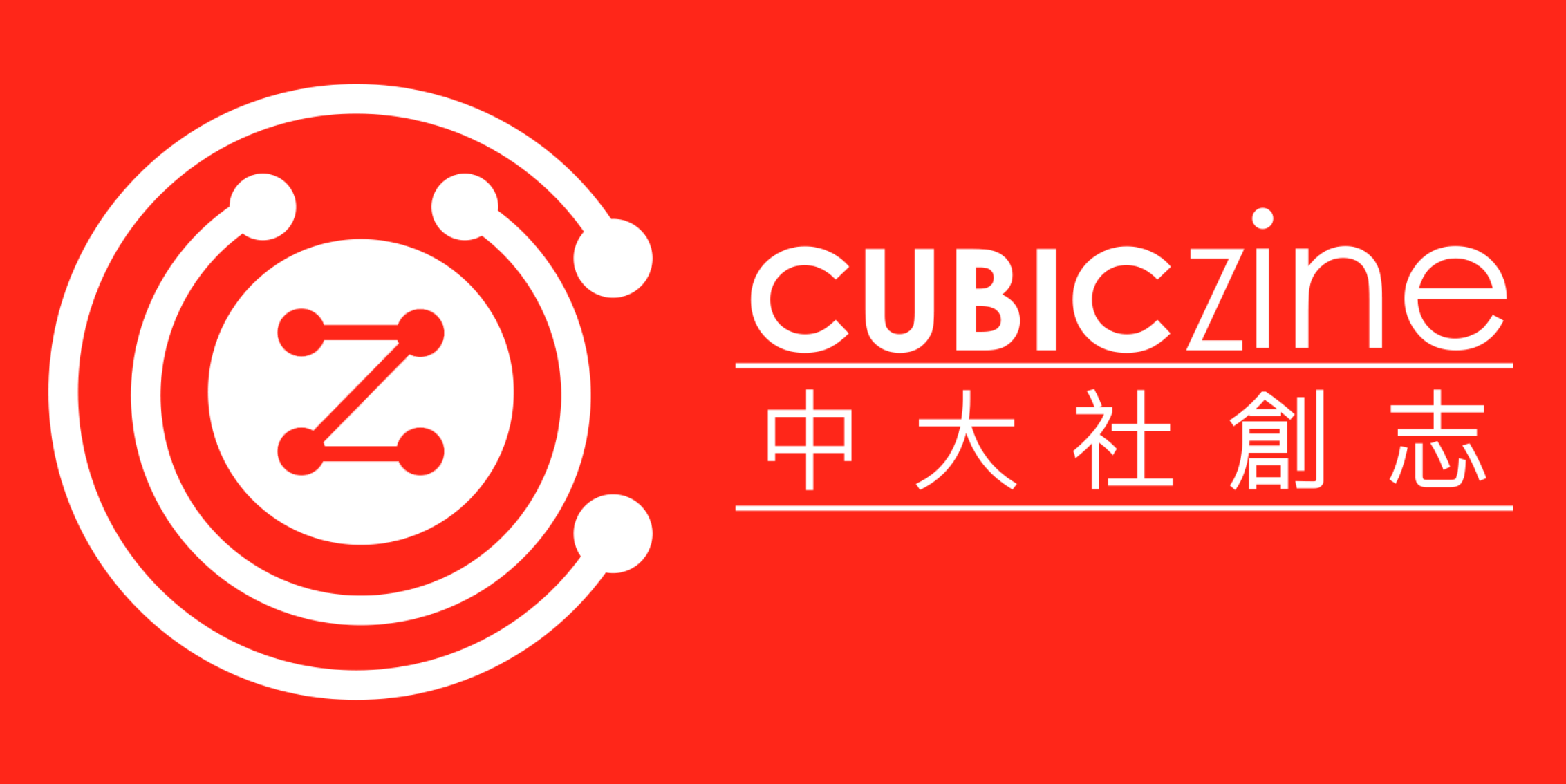Empowering Youth from Underprivileged Community: Enhancing Programming Skills and Mathematical Knowledge for STEM Teaching and Learning
Prof NG Oi Lam
- Children living in subdivided units and signle parent household (120)
- Youths from underprivileged communities (240)
- Pre-service and in-service teachers (150-200)
Empowering Youth from Underprivileged Community: Enhancing Programming Skills and Mathematical Knowledge for STEM Teaching and Learning
Prof NG Oi Lam
Computational thinking (CT) is not the exclusive thinking skill of computer scientists, but a form of digital literacy and fundamental skill that everyone should possess in everyday problem-solving. Furthermore, CT is a necessary higher-order thinking skill in modern society, particularly in Science, Technology, Engineering, Mathematics (STEM) fields. Therefore, CT education must be designed and articulated equitably to support youth development in general, and in STEM in particular. However, studies found that Hong Kong youth demonstrate low competence in digital literacy and cognitive aspects of problem solving, characterized by inadequate CT skills. This issue is particular significant in disadvantaged communities,suchas those living in subdivided units and single-parent household, wherein youths from underprivileged communities have limited access to technology (e.g., computers, Internet, digital devices). This may hinder youth’s opportunities to learn, explore, and communicate digitally, thus limiting their development and potential to succeed in STEM fields.
This project introduces an inclusive CT education approach for youth in underprivileged communities. Drawing upon the PI’s previous research and forging partnerships with schools and community organizations, we will engage students from underprivileged communities with mathematical problem-solving in a computing-enhanced environment. This pedagogical approach emphasizes the synergy among CT, problem solving, and mathematics as a compulsory K-12 STEM subject in Hong Kong. This project will expand students’ opportunities to computational participation, while enhancing their programming skills and mathematics knowledge. Moreover, we will develop and refine culturally, linguistically, and community-relevant education practices in Hong Kong through conducting professional workshops and collaborating with school mathematics educators to ensure that public education better meets the needs of diverse student population.
Ultimately, this project aims to empower student and teacher by developing their mathematical and programming competence, and by improving their digital literacy to integrate CT into their daily lives.
- Children living in subdivided units and signle parent household (120)
- Youths from underprivileged communities (240)
- Pre-service and in-service teachers (150-200)
2024
Education, STEM




